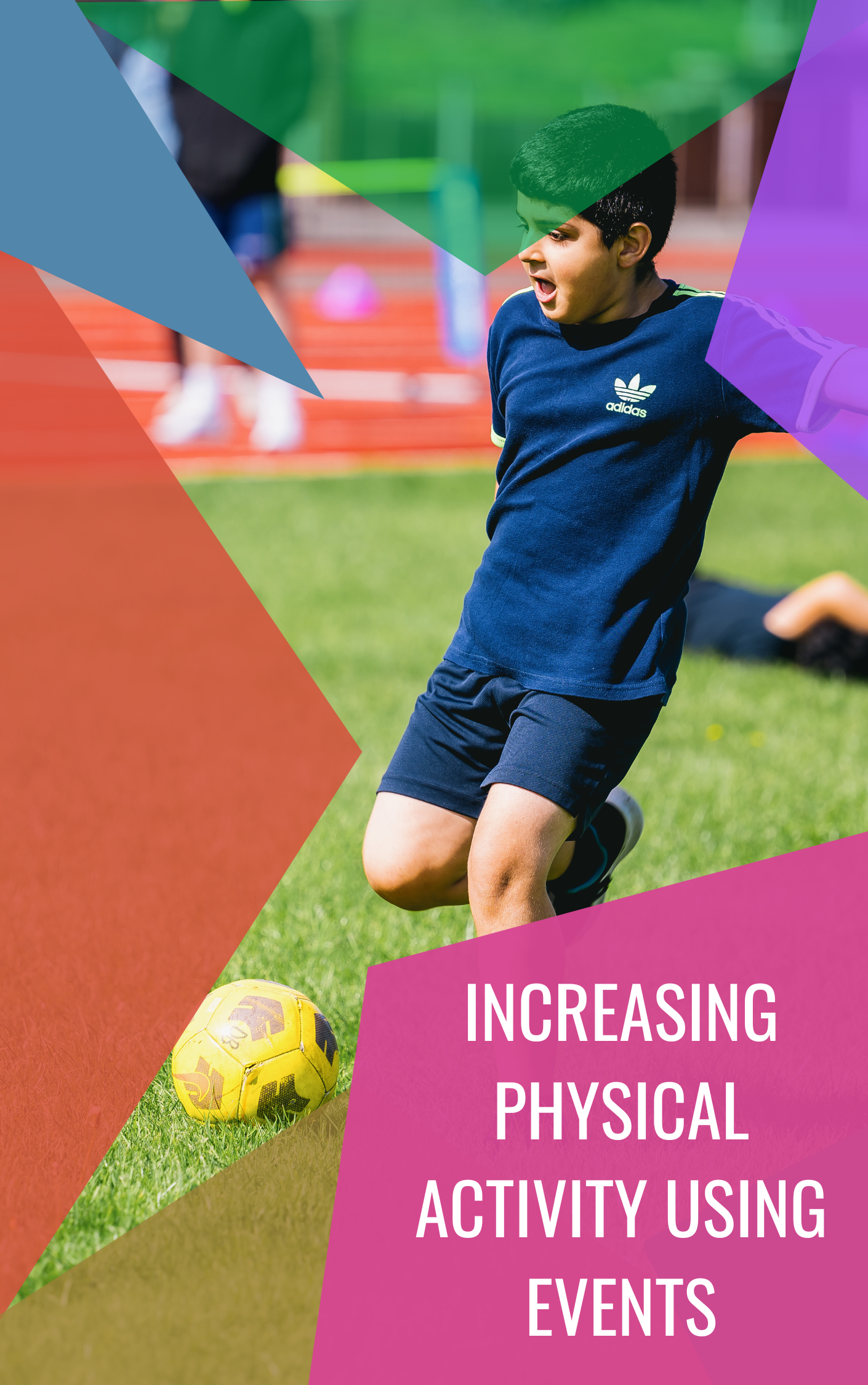Using anniversaries to bring people together around shared memories, boost local pride and belonging, and create shared visions of the future.

Anniversaries & Commemorative Events

Historical anniversaries or commemorations are great opportunities for events, providing a focal point for people to come together to celebrate, remember and reflect.
These moments can be joyful (Royal Jubilee) or solemn (Remembrance Sunday), can take place regularly (Pride) or be marked in milestones (100 Years of Women’s Suffrage). They are moments of national or local importance from history, culture and sport, science and politics.
Events which mark these anniversaries can bring people together around shared memories or new knowledge, boost local pride and belonging, and create shared visions of the future. But when commemorative events exclude some groups, or prioritise only one way of marking anniversaries, they can increase community tensions.
Read our resources and examples for how communities have used events to mark anniversaries and commemorations:
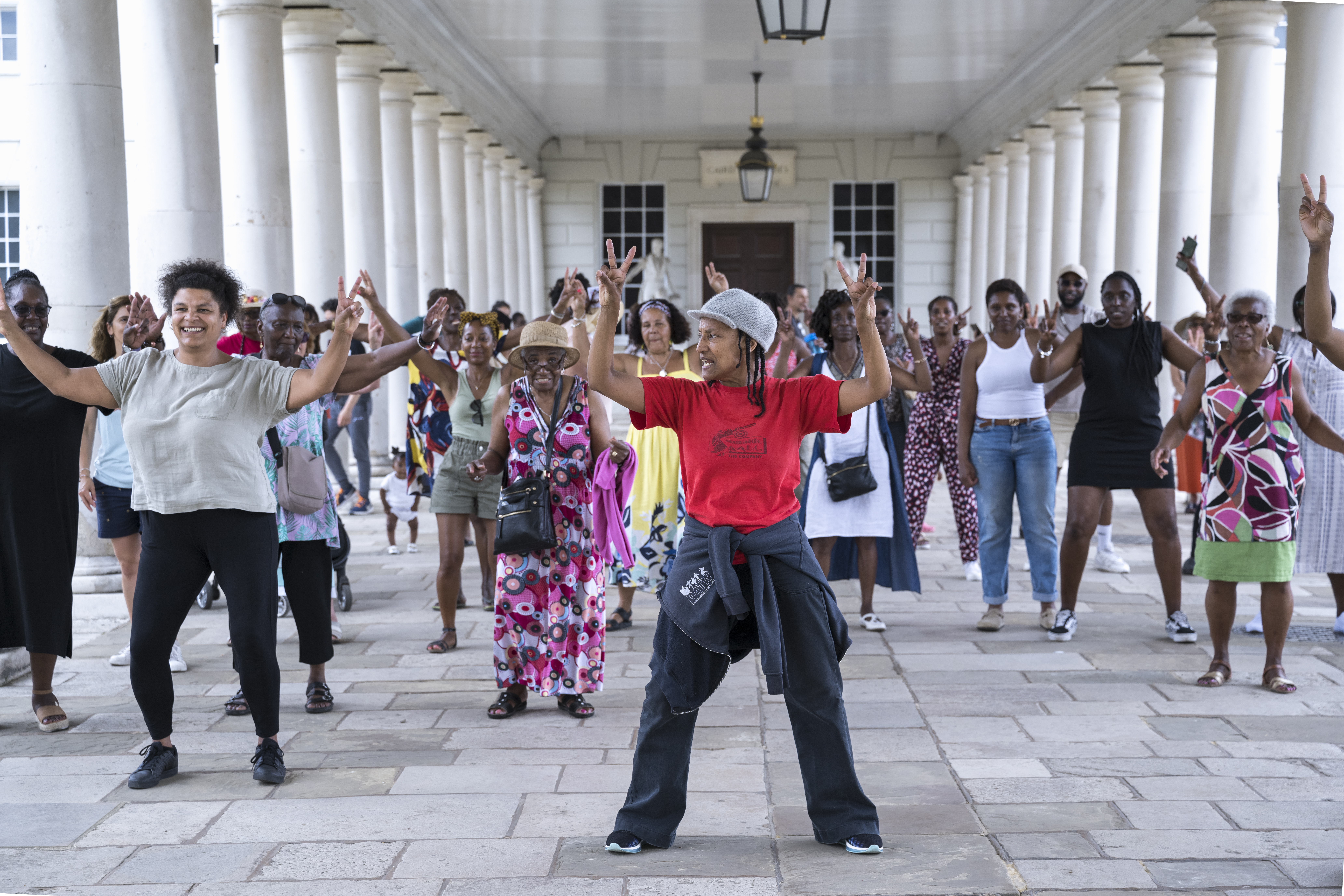
1Windrush 75 (British Future)
This project brought together research and public polling which showed there was broad support for marking the 75th anniversary of the arrival of the HMS Empire Windrush, and how to keep it relevant to all generations and ethnic, social and political groups. The Celebrating Windrush Toolkit provides practical tips and guidance for communicating and planning events. The National Maritime Museum’s Spirit of Windrush was a programme of community and school events which celebrated and reflected the experiences of the descendants of the Windrush generation.
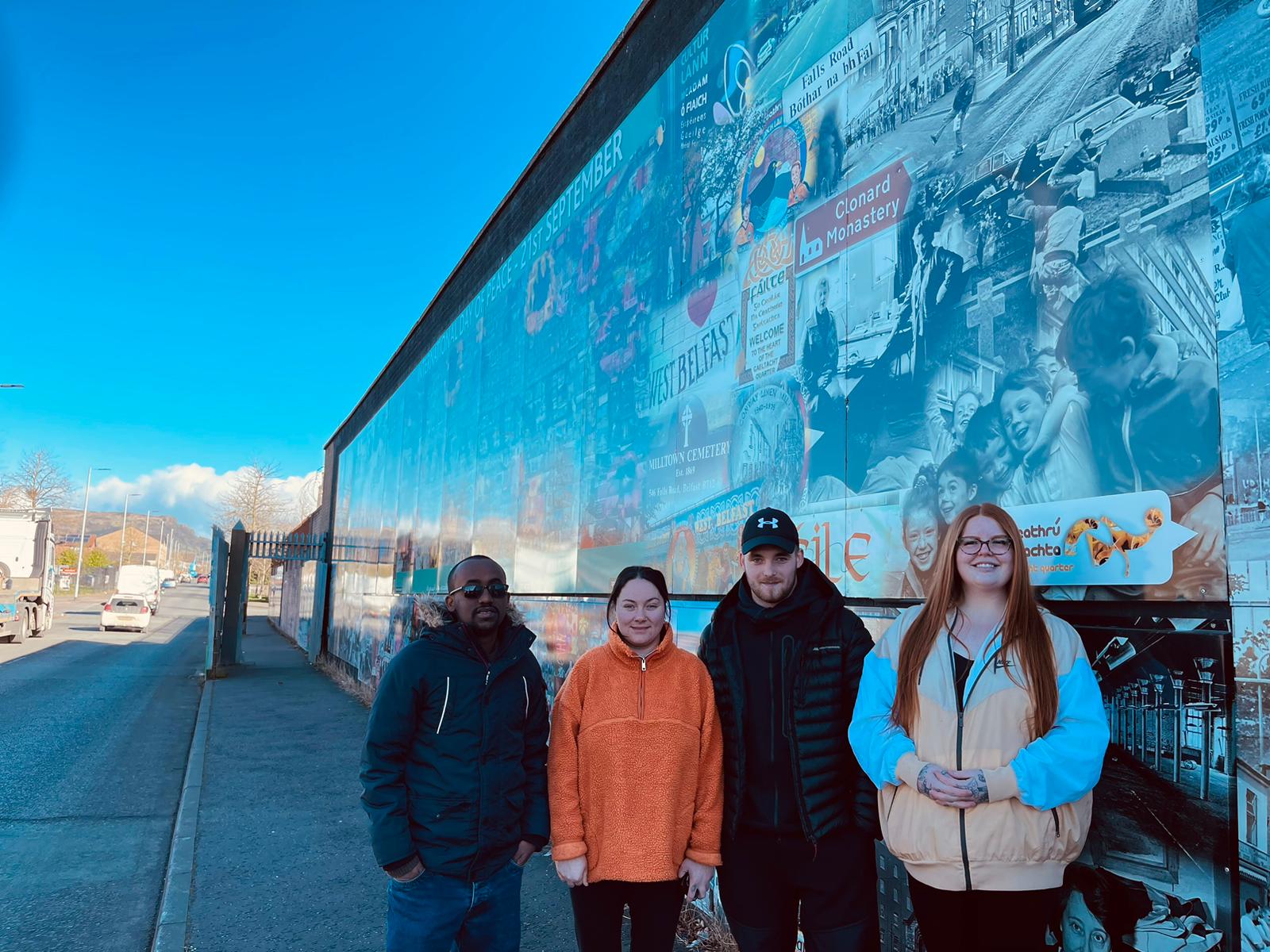
2Our Lives, Our Legacy (Springboard)
This project commemorating the 25th anniversary of the Good Friday Agreement brought young people together across sectarian divides to reflect on its legacy and their hopes for the future. The NextGen youth group carried out research, study visits, intergenerational dialogue, and training culminating in an event and exhibition. The project showed how even difficult and contested historical anniversaries could be marked in positive ways for younger generations.
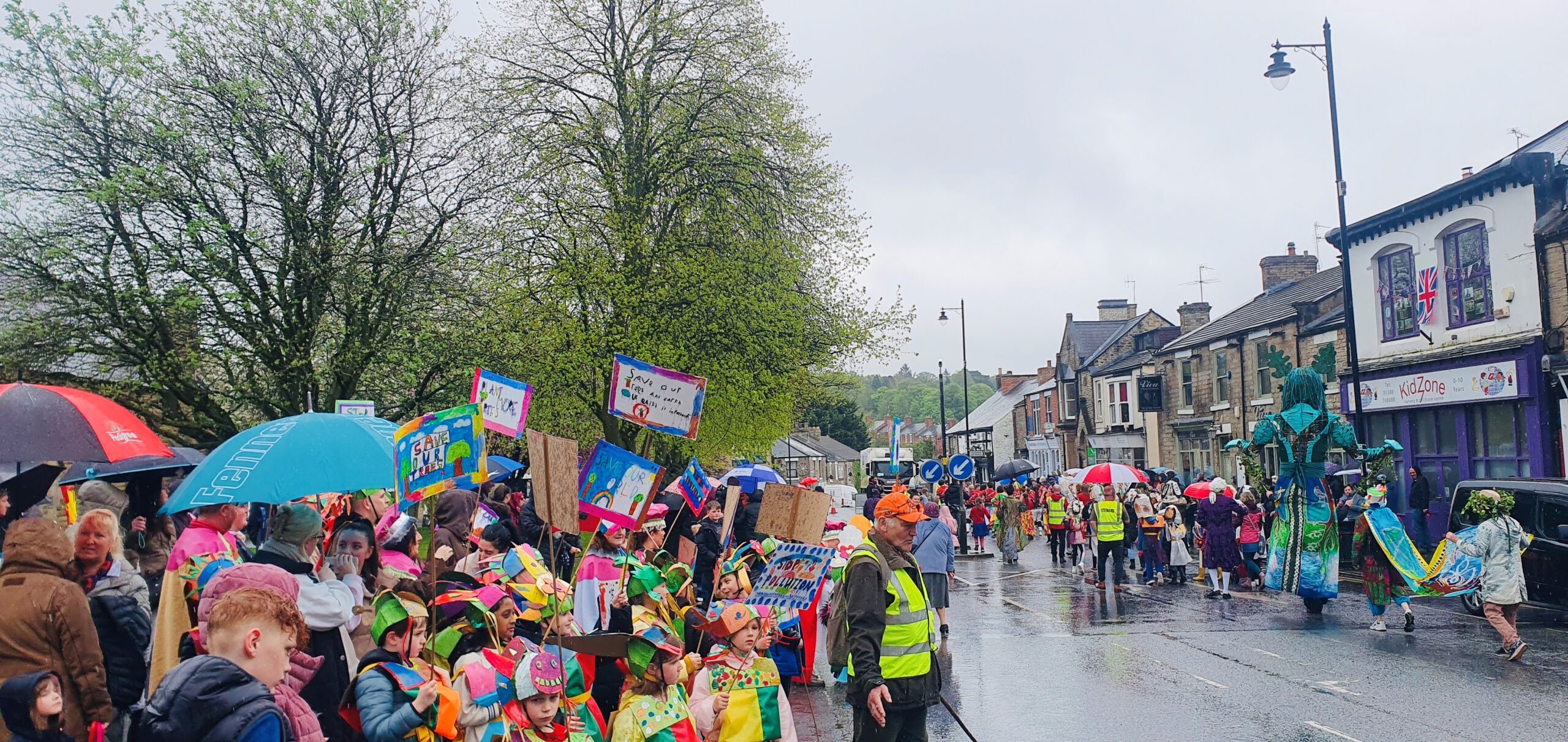
3Year of the King (Jack Drum Arts)
A community carnival which brought people together across generations in creative workshops, a Gala and parade to mark the coronation of King Charles III. It showed the opportunities and challenges of celebrating national events in small towns, and the importance of building partnerships so all parts of the community feel included.
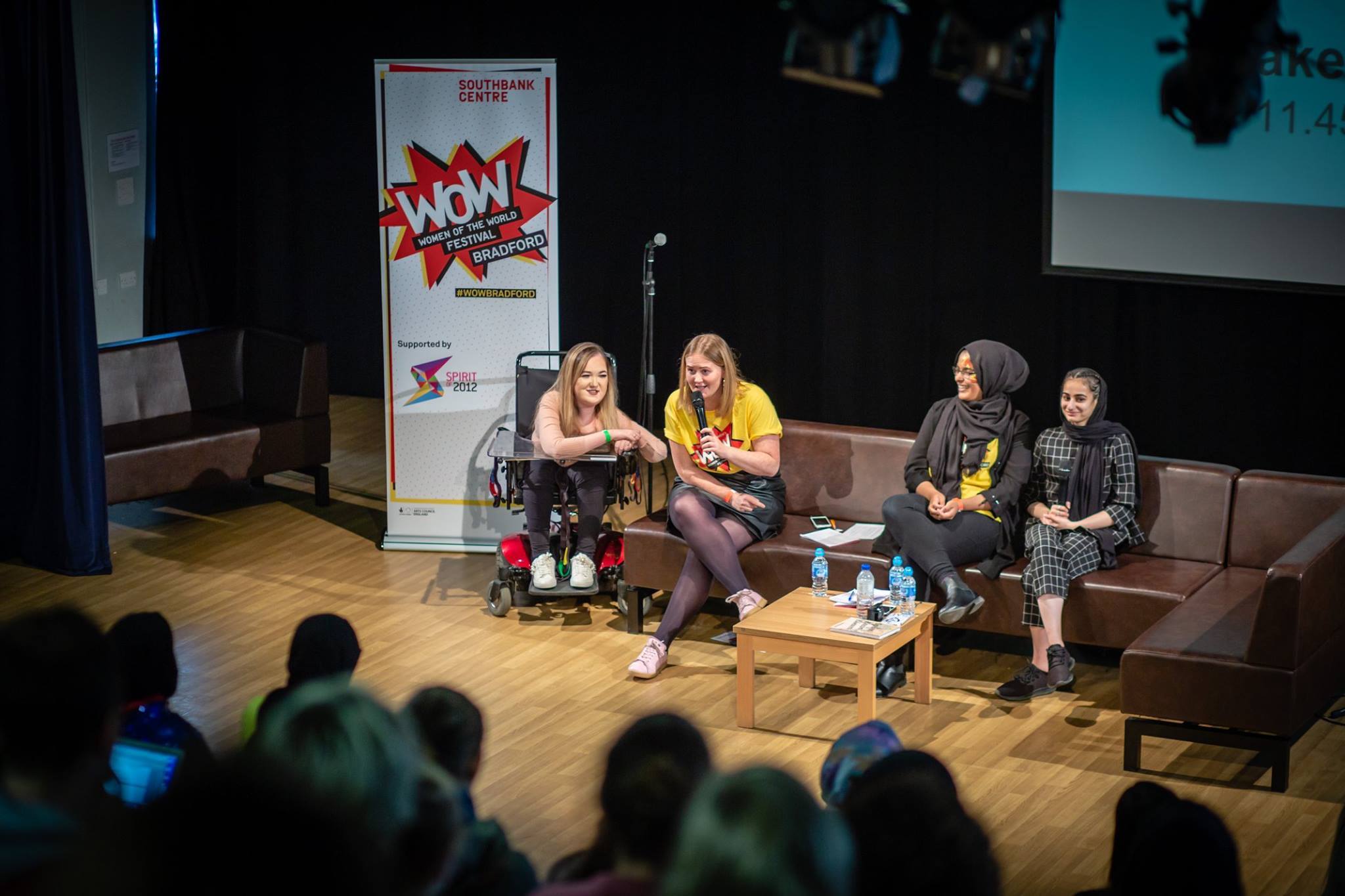
4WOW: Women of the World (Southbank Centre)
The WOW festivals took place in five UK cities and marked the centenary of women’s suffrage. They featured cultural leadership workshops, event training and volunteering culminating in community events. It showed the importance of creating locally-rooted events which were connected to ‘something bigger’. The programme focused on turning the ‘moment’ of the festival into a women-led movement for social change.
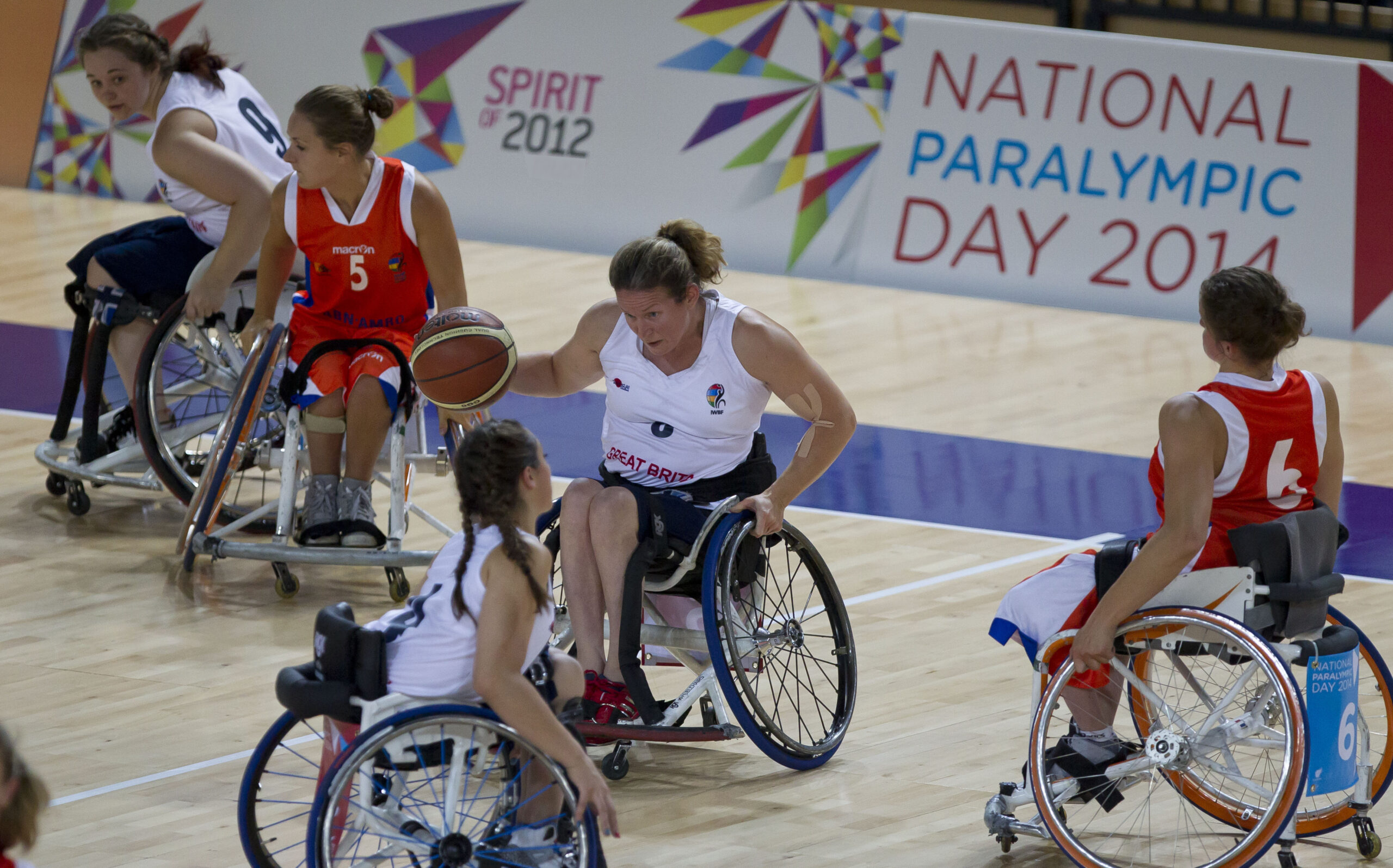
5National Paralympic Day (British Paralympic Association)
This celebration of the paralympic movement built on the first ever National Paralympic Day in 2013 by marking the day in the following years. The event promoted paralympic sport and challenged perceptions of disability, including through its youth volunteer programme. This programme sought to establish a new annual commemoration of paralympic sport, and tested a number of ideas including regional roadshows, a Schools Torch Relay and carnivals.
More Starter Packs
Creating Long-term Impact For Events
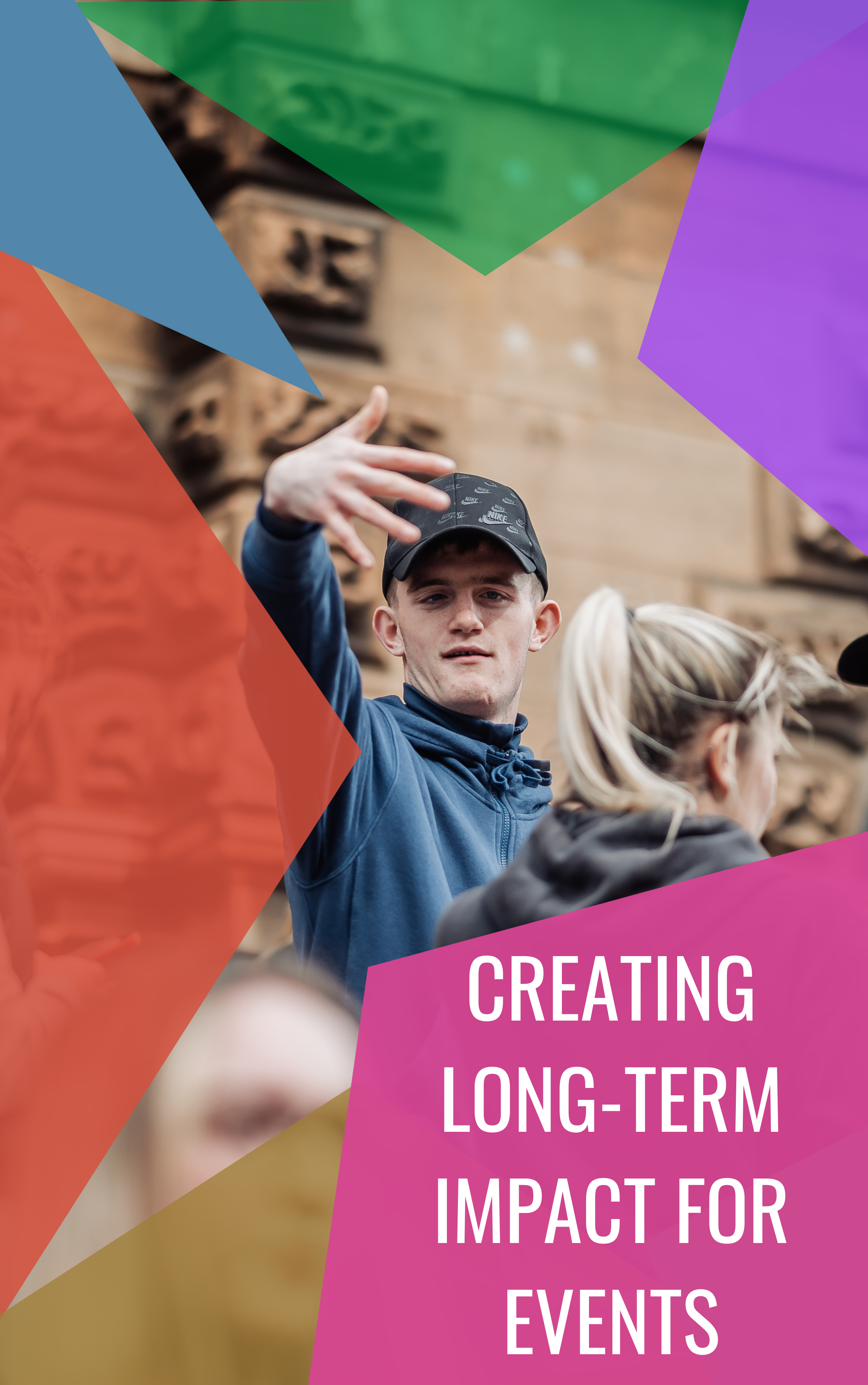
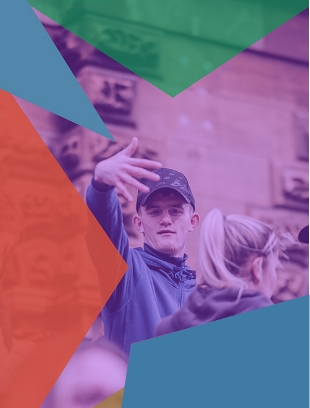
Creating Long-term Impact For Events
Designing Inclusive Events


Designing Inclusive Events
Improving Event Evaluation
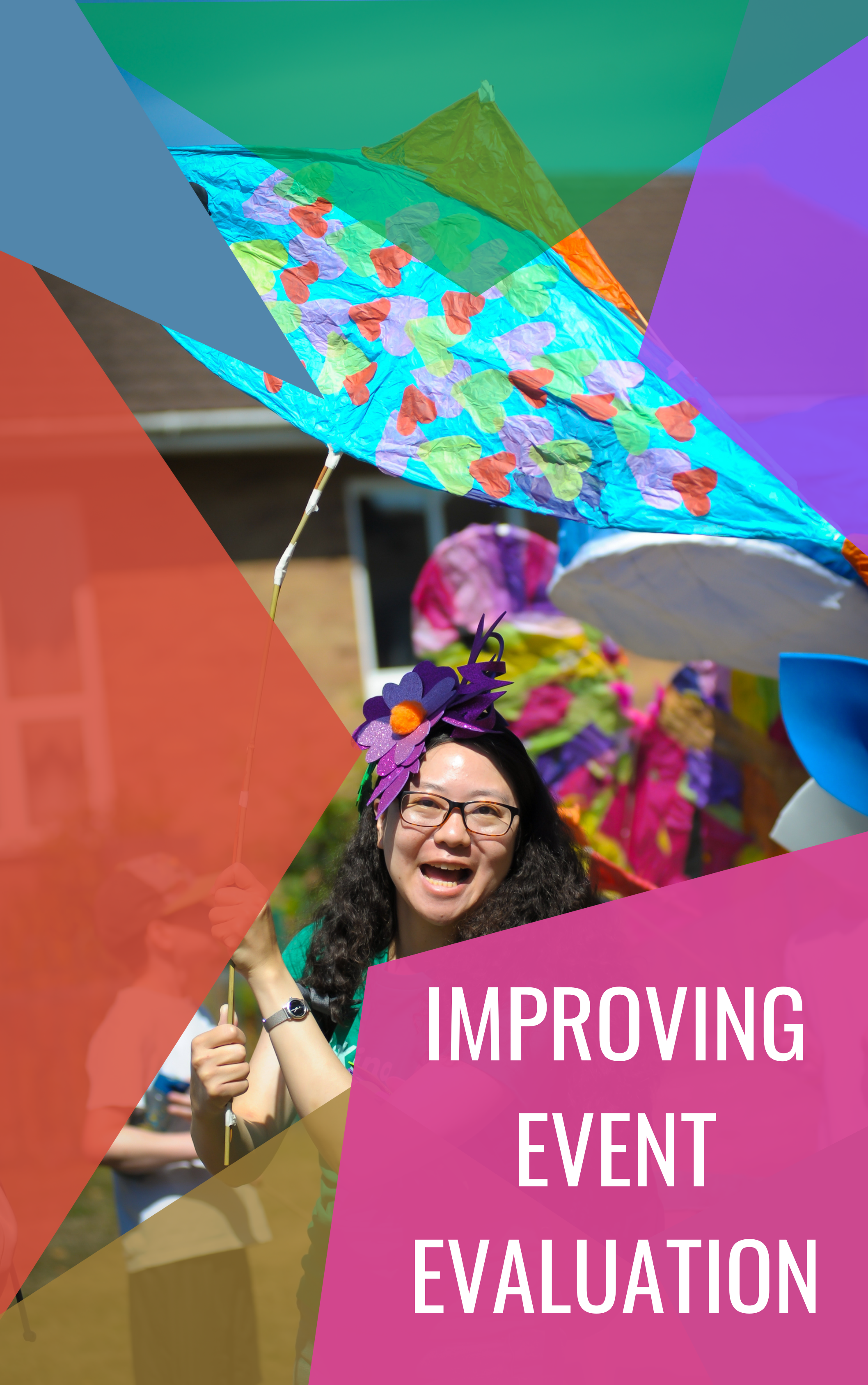
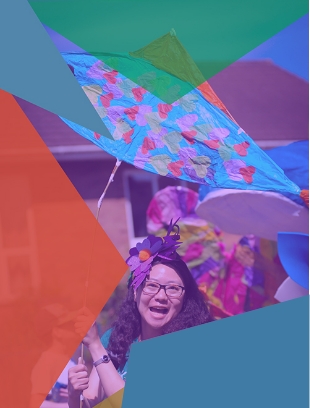
Improving Event Evaluation
Embedding and evaluating wellbeing in your projects
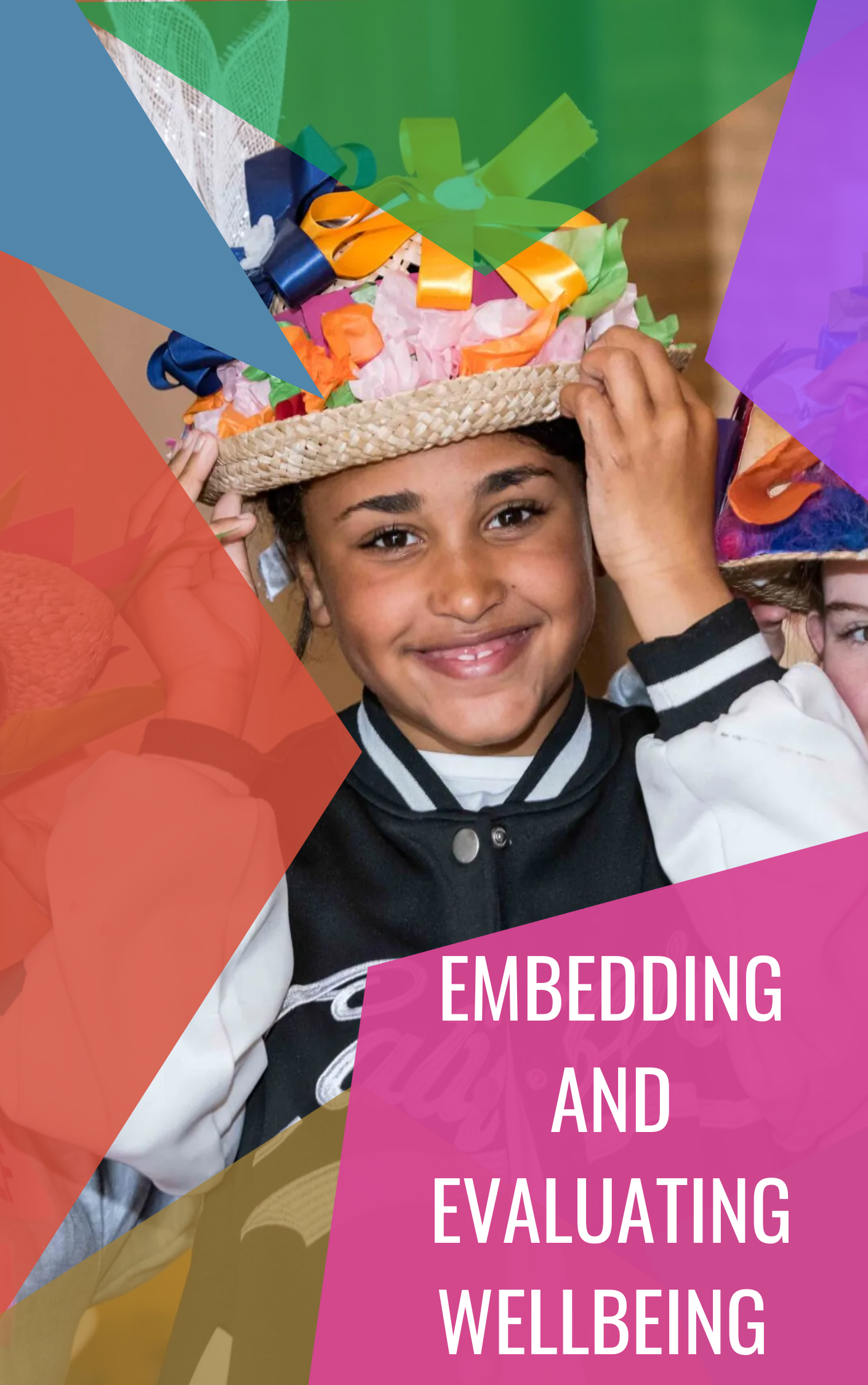
Embedding and evaluating wellbeing in your projects
Building social cohesion through events
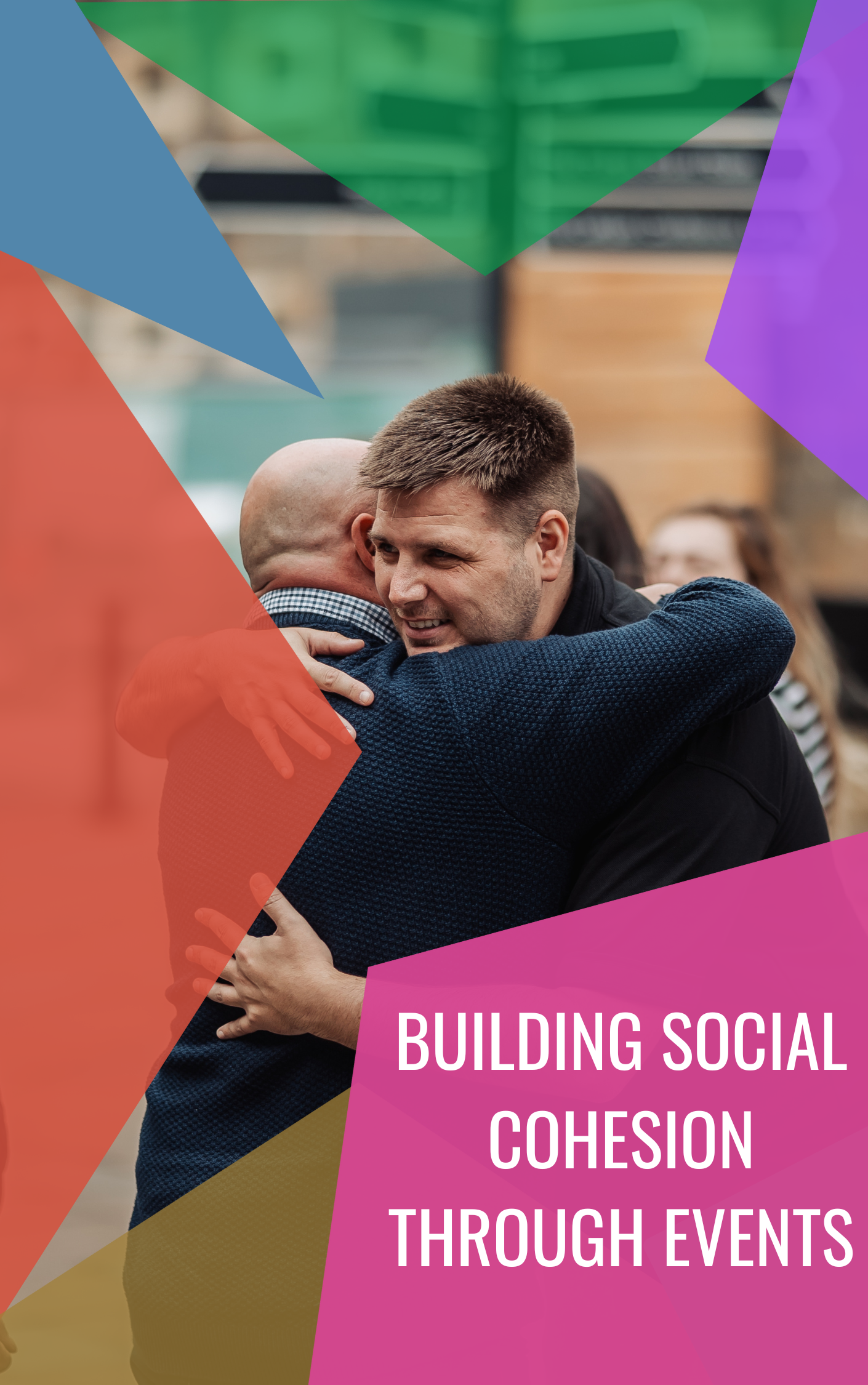
Building social cohesion through events
Increasing physical activity using events
